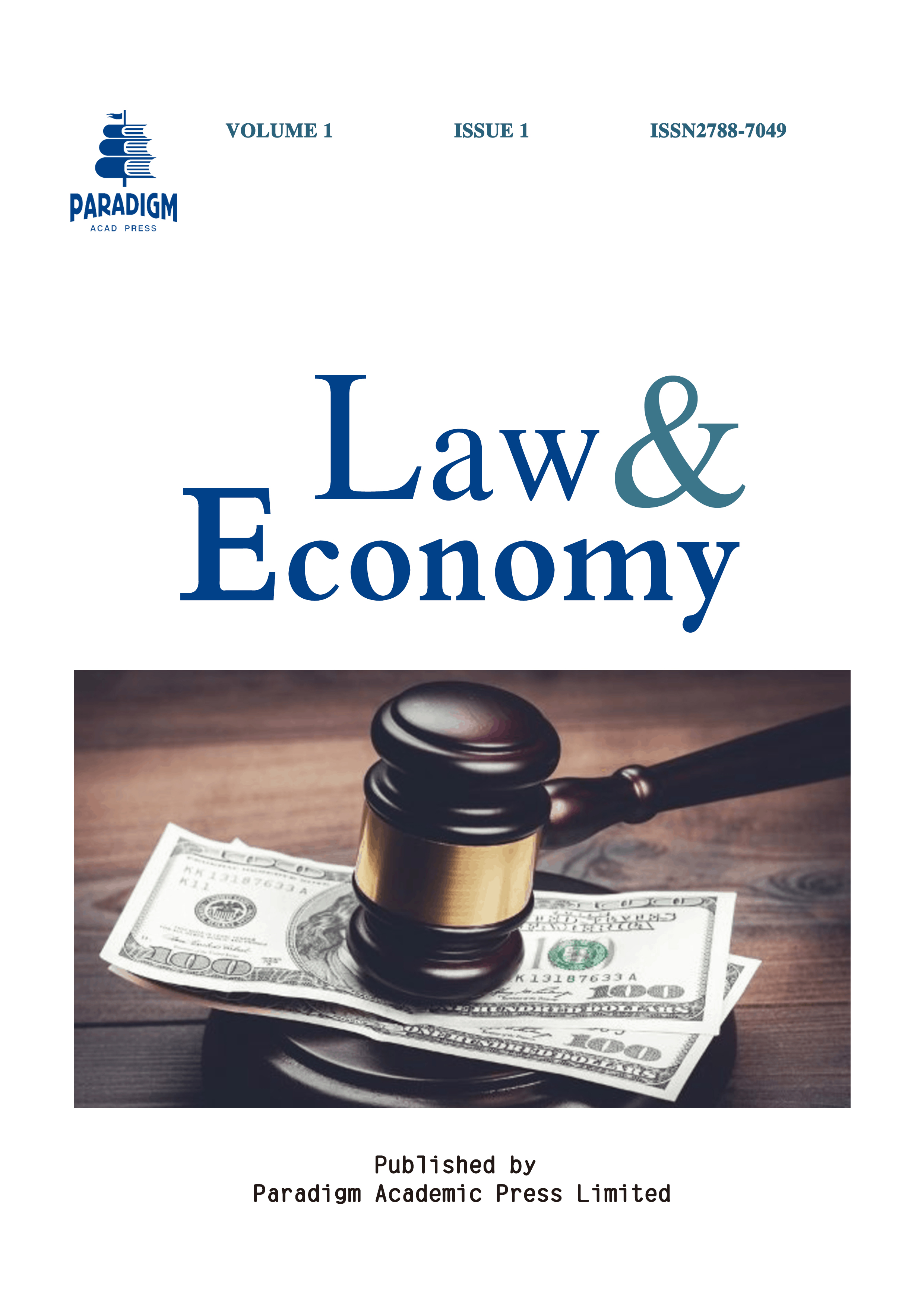Suppressing Terrorism at the Expense of Human Rights Protection: Evaluation of Counter-Terrorism Operations in Cameroon
Keywords:
terrorism, Anglophone Cameroon, separatist armed groups, Boko Haram, human rightsAbstract
This paper documents the fight against terrorism in Cameroon and appraises the implications on human rights protection. It adopts a qualitative methodology based on doctrinal research. Terrorism is an age-old phenomenon which received global attention following the September 11, 2001, attacks in the United States that prompted the UN Security Council to adopt counter terrorism resolutions. Terrorist activities have spread across continents and countries, not least Cameroon. The Nigerian insurgent group, the Boko Haram, is spreading havoc in north Cameroon which is equal by the activities of separatist’s armed groups operating in the Anglophone regions of the country. Cameroon has couched its fight against terrorism as a fight to uphold human rights. Nonetheless, some of the varied approaches it has employed to suppressing the scourge have rather undermined its obligations under international human rights law. Inasmuch as successes have been achieved on the ground, Cameroon’s anti-terrorism responses are as brutal as they have encroached into the civic space engendering the rights and freedoms of the citizenry. To win the trust of the masses, and perhaps legitimize the militaristic anti-terrorism operations, the government should fine-tune its approaches in compliance with international standards.


